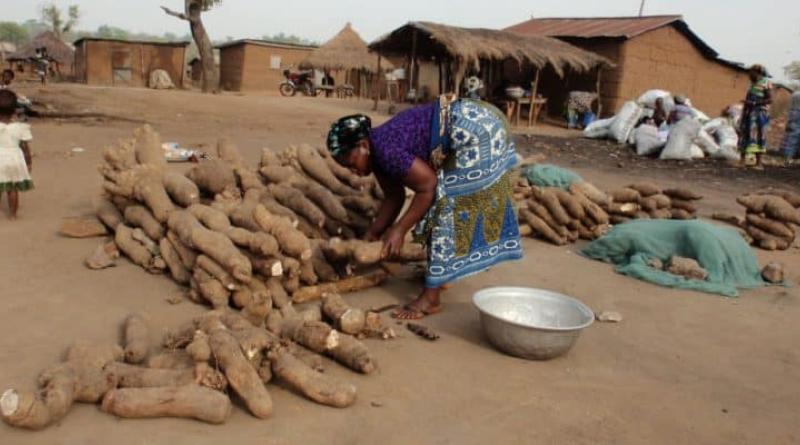In Benin, the government wants to strengthen the food security of its people, who are subject to numerous threats, including climate change. As part of this policy, 300 billion CFA francs (more than 457 million euros) will be mobilised from financial partners between now and 2026 to support various sectors, particularly agriculture and livestock.
The Beninese government took advantage of the Dakar Summit on Agriculture held from 25 to 27 January 2023 in Senegal to invite financial partners to seize investment opportunities in the agricultural sector in Benin. The West African country wants to mobilise 300 billion CFA francs (more than 457 million euros) over the next four years to strengthen the food security of the population. According to the Beninese Ministry of Agriculture, Livestock and Fisheries, 26% of households are food insecure in Benin, of which 1.9% are severely insecure.
The Beninese government justifies this situation by the insecurity in the Sahel, the Russian-Ukrainian war, Covid-19 and especially climate change. The funds obtained will be added to the 86 billion CFA francs (more than 136 million euros) already mobilised by the Beninese authorities under this initiative.
The construction of hydro-agricultural facilities
With this financial mobilisation, the Beninese government is counting on an additional production of 400,000 tonnes of maize, 1.5 million tonnes of cassava and 300,000 tonnes of market garden produce. To achieve this, hydro-agricultural developments “with total water control” will be carried out downstream of the small earth dams, as well as in the plains and valleys to control irrigation. Porto-Novo is also banking on the use of “good quality certified and climate-smart seeds by producers”.
Read also –
The food security of the Beninese will also be achieved through the practice of sustainable aquaculture, through the construction of new aquaculture facilities, the sedentarisation of large ruminant farming as a means of adapting to rainfall patterns, as well as the introduction of fertilisers and other plant, animal and fishery inputs. This will promote the production of 150,000 tonnes of meat of all species and 5,000 tonnes of fish by 2026 in Benin.
The use of modern production and processing materials and equipment, as well as facilitating access to technological innovations, will be the watchwords in each of the targeted sectors of activity in order to achieve the set objectives, according to the Beninese ministry in charge of agriculture, livestock and fisheries.
Inès Magoum





